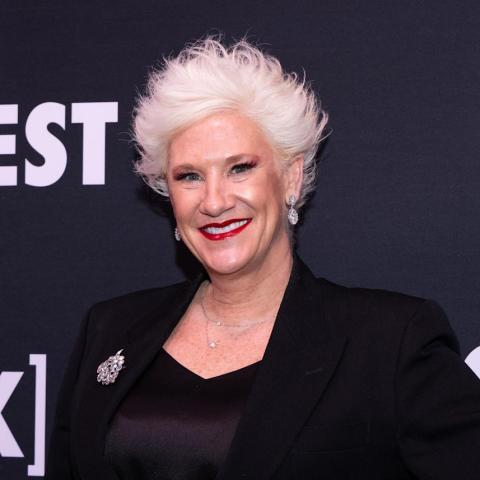Pope Leo XIV’s dissertation is making its way to a wider audience. Soon, you’ll be able to find “The Office and Authority of the Local Prior in the Order of St. Augustine” in print and on Kindle, thanks to The Catholic University of America Press. They have secured the exclusive English-language rights, and you can expect the release this October.
Back in 1987, Robert Prevost, who would become Pope Leo, wrote this dissertation to complete his doctoral degree in canon law at the Pontifical University of St. Thomas Aquinas in Rome. His research came just a few years after his ordination as a priest in 1982 and during a time when he was juggling pastoral duties in Peru and Illinois.
This dissertation is particularly significant as it was written just four years after the church updated its canon law. It offers valuable insights into the role of authority and leadership in the Church, especially as it relates to the Augustinian community. The new publication will feature a forward by Father Thomas Joseph White, the current rector at the Angelicum.
Despite its specific focus, the dissertation touches on broader themes relevant to today’s Church life. It explores ideas about the common good, the role of liturgy, and the importance of diverse voices in a community.
In his writing, Prevost emphasized that authority should serve the community, enabling them to pursue a life filled with love and service. He argued that leadership is relational, stressing the need for a good rapport between the Prior and the community. He believed that selecting a Prior requires careful consideration, not only from the leaders but also in consultation with the local community.
Prevost likened the Augustinian community to the early Christian community described in the Acts of the Apostles, where leaders had a multifaceted role in teaching, governing, and caring for their people.
This perspective is particularly relevant today. As churches navigate various challenges, understanding the balance between authority and community input becomes essential. In fact, a recent survey by the Pew Research Center found that many younger churchgoers value collaborative leadership styles over traditional, top-down approaches. It’s a reminder that connection and mutual respect are vital in fostering a thriving community.
Overall, Prevost’s insights from the past resonate strongly in today’s Church, showcasing the timeless qualities of respect and service in spiritual leadership.
Source link





















